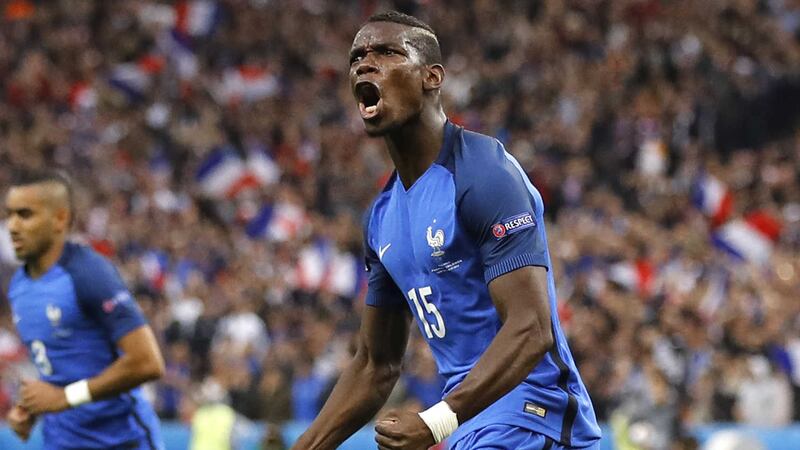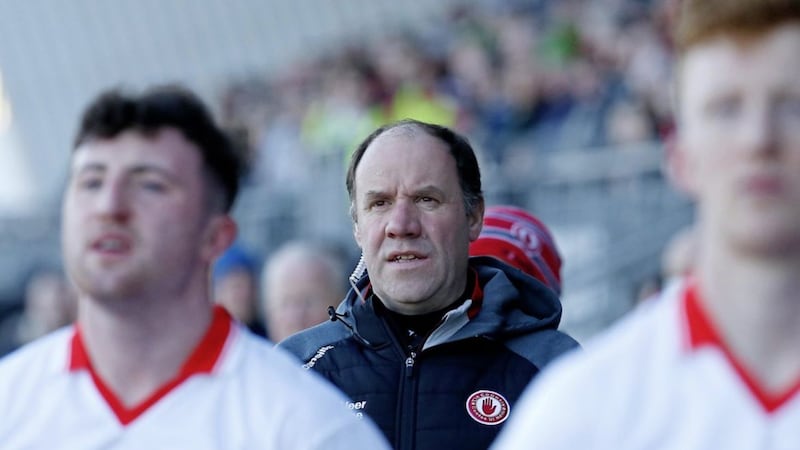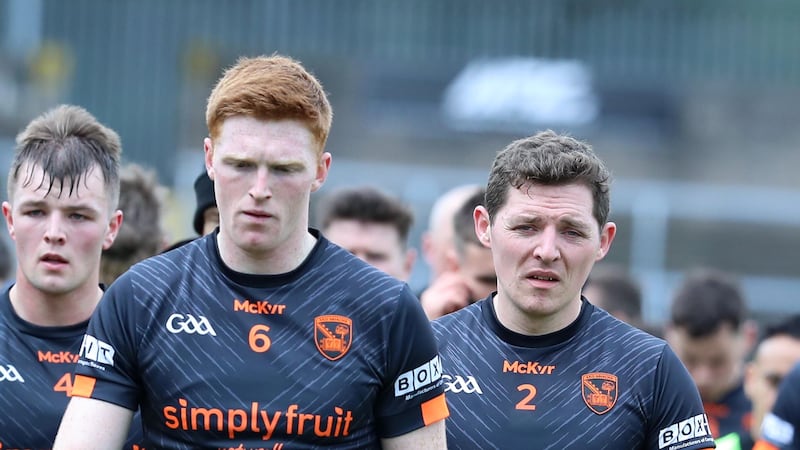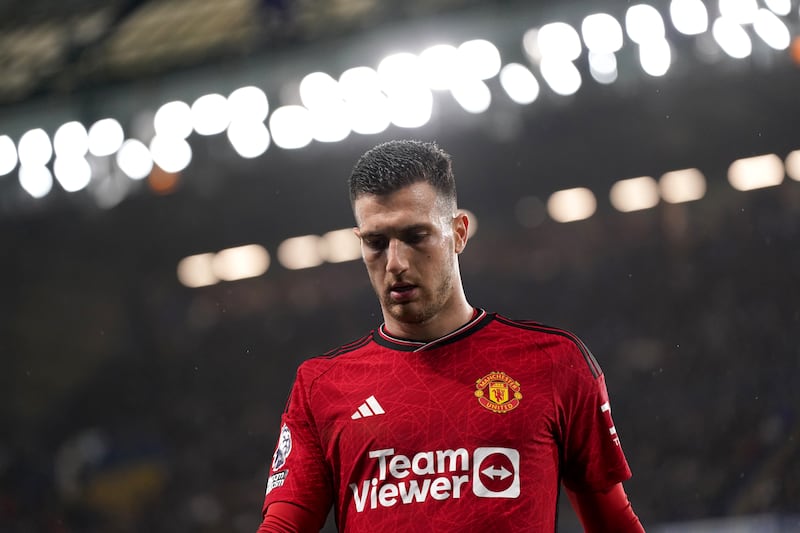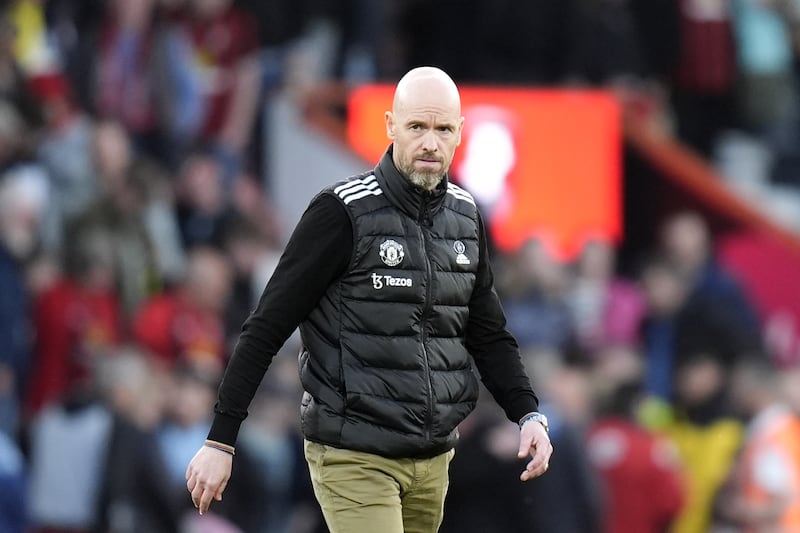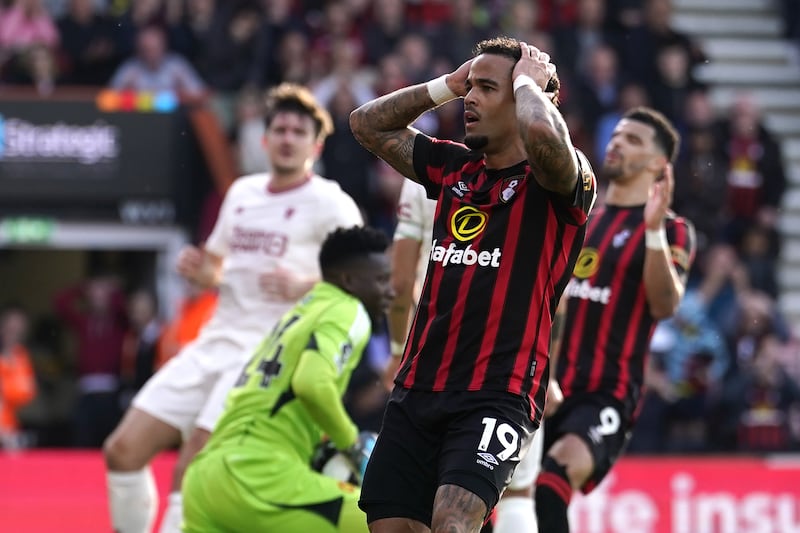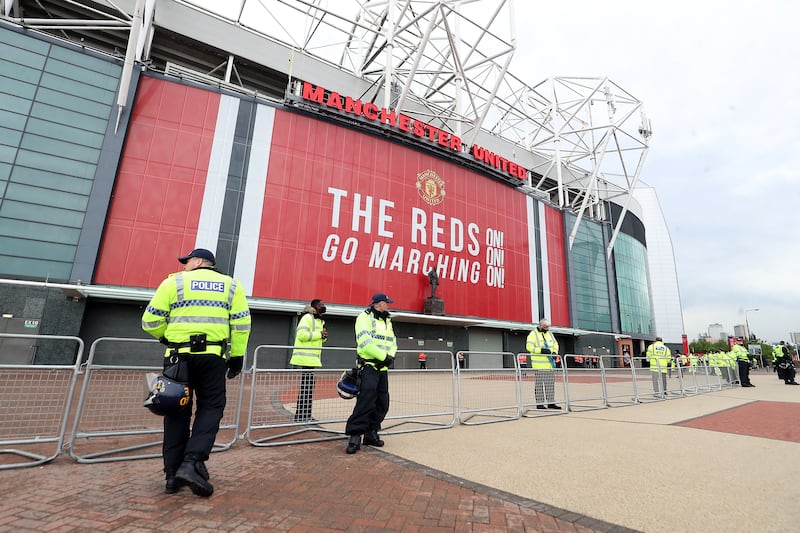AS A keen Manchester United supporter, I have been keeping a watchful eye on the goings on at the club since the arrival of Jose Mourinho.
Mourinho has been up-front in relation to the new faces he wished to add to his squad. So far, he has secured three of the four names he outlined to the United board. The final piece of his jigsaw, for now, will be the re-signing of Paul Pogba from Juventus.
The same player who joined United as a 16-year-old in 2009 and left in 2012 on a free transfer, Pogba is now on the verge of becoming the world’s first £100 million footballer. When he arrived at Old Trafford, he was described by the club as a “powerful, skilful, and creative” player, who has “an eye for goal and a penchant for the spectacular”.
It has been claimed Pogba’s excessive wage demands for someone so inexperienced was the reason behind his departure to Juventus. That may be true, but ahead of the start of the 2011-12 season, Ferguson confirmed Pogba would feature with the senior team during the season, stating: “I mean, if we hold Pogba back what’s going to happen? He’s going to leave.”
Throughout that season, Pogba managed a measly six appearances, all from the bench. I would image the lack of opportunities with the first team squad may also have played its part in his decision to leave. Since moving to Italy, Pogba has helped Juventus to four league titles in-a-row and developed a growing reputation across Europe, at both club and international level.
The one question I keep asking to myself is: “How bad could he possibly have been for Ferguson to allow him leave for free?” Ferguson’s record speaks for itself. He brought through and moulded a golden generation of players at the club and oversaw unprecedented success for 20 years.
But I’m surprised that a man of Ferguson’s experience and knowledge could not make Pogba’s first spell at the club work. If his fitness and skill levels were not the issue, maybe his mindset was not what it needed to be.
I’m sure Ferguson did his best to mould him - after all, he’d already encountered every possible character out there by that stage of his managerial career. Time will tell if Ferguson got it wrong, but sometimes it’s better to let a disruptive influence go if they are unwilling to buy into the team ethos.
We wait to see if Mourinho gets his man but, already, I’ve read glowing reports of Mourinho from his United players. With only 30 beds available in business class for the pre-season trip to China, Mourinho gave up his ticket to ensure all his players were able to take advantage of the flat beds, while he went back to slum it in economy with the remainder of his coaching staff. It’s a tough life.
That story reminds me of something similar I encountered with Crossmaglen. In January 2011, we were in London to take on Neasden Gaels in the All-Ireland quarter-final. Our then joint-manager Tony McEntee was on a business trip to America the week of the game and was due to fly into London the night before the match.
He was assigned the same room as me and I was expecting to hear him coming into my room at around 3am. When I woke early the next morning, I noticed Tony still hadn’t arrived. I got washed and made my way downstairs for breakfast wondering what happened my room-mate.
As I got to the door of the team room, I noticed Tony lying on a hard wooden bench, using his laptop case as a pillow and his club top as a duvet: “What the hell are you at Mac, why didn’t you go up to bed?',” I asked.
“I didn’t want to be disturbing your sleep AK, you’ve a big day ahead,” was his reply.
Gaelic football is a million miles away from the Premiership in terms of lifestyles and wages. Tony’s gesture may not seem like much to many but, for me, it was one of the many small things he and all great Gaelic football managers do to ensure their players are physically and mentally prepared to perform when needed.
One of the first aspects Tony and his co-manager Gareth O’Neill set about eradicating when they took over at Crossmaglen was to remove any cliques. Cliques are a cancer in a team sport. They are not just the star players - it can be the aggrieved subs, the jokers or the social group. I was part of a clique and I didn’t realise it until it was pointed out to me. I was part of the ‘I take this very seriously’ group, but what I didn’t realise was that, while taking it so seriously was fine for me personally, it was overpowering and off-putting to others.
During a mid-season telephone conversation with Tony Mac, I was asking numerous questions in relation to our seasons plans, my roll etc, I overheard Tony’s wife saying: “Ah jeez Tony, he’s mental”, to which he replied, “I know Eimear, but he’s mental in a good way.”
To be successful, a group has to feel comfortable with each other, they don’t need to all be best friends, but there needs to be a bond of trust and honesty developed in order to achieve their collective goal. Without this, the cracks will always appear under pressure.
Dublin are leading the way on all fronts in football at the moment, hardly surprising when you consider the many advantages regularly spouted in relation to their population, sponsorship, ability and public profiles.
Yet, as their manager Jim Gavin stated in his first ever one-on-one interview recently, it’s all about the individual, satisfying his needs, having respect and building up his self-esteem to the point where he can be creative. Gavin’s men are thriving in this environment.
There are Paul Pogbas in all sports, with issues relating to their mindset; there are others who may need to work on their fitness or technical ability. The best managers find a way to develop all these important facets in each individual - after all, it is their job.
Ultimately, it will be a key factor in deciding if their term turns out to be a success.
